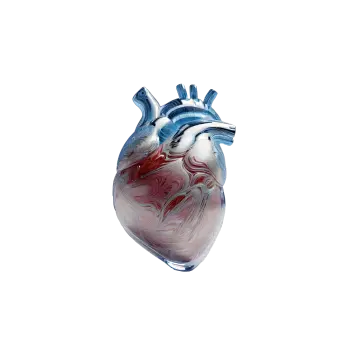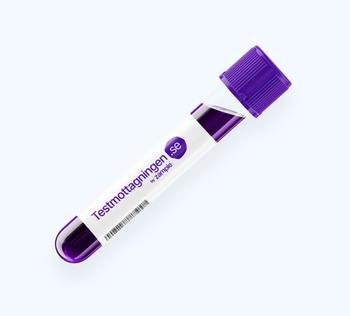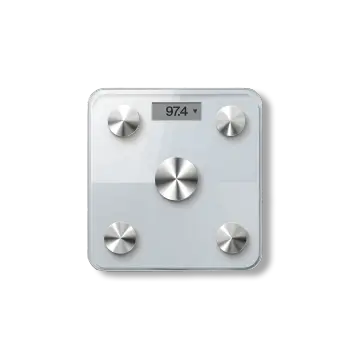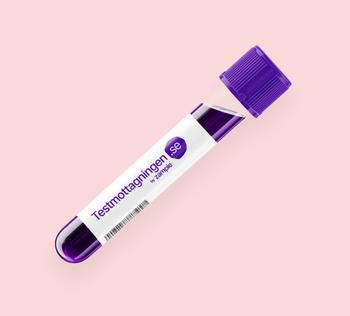What is HbA1c?
HbA1c, also called glycated hemoglobin, is a blood test used to measure how much glucose (sugar) has been bound to red blood cells over a period of approximately 3 months. It is commonly used to measure how well a person has controlled their blood sugar balance and can be used to diagnose and treat diabetes. It is common for doctors to recommend that people with diabetes regularly test their HbA1c levels to see if they have good control of their blood sugar balance and to avoid long-term complications. Even people who are at risk of developing diabetes, such as people who are overweight or have a family history of the disease, may need to test their HbA1c values.
Why is HbA1c analyzed?
There are several reasons why it is good to analyze HbA1c, for example it could be one of the following reasons:
To diagnose diabetes:HbA1c values can be used as part of the initial diagnosis of diabetes, along with other tests such as fasting C-peptide and Glucose.
To control blood sugar balance:People with diabetes may need to regularly test their HbA1c levels to see if they have good control of their blood sugar balance and to avoid long-term complications.
To adjust treatment:HbA1c values can be used to adjust treatment for diabetes. If the HbA1c value is too high, the doctor may increase the dosage of diabetes medicine or change the medicine used to lower the blood sugar level. If the HbA1c value is too low, a doctor may reduce the dosage of medication or increase the amount of carbohydrates a person eats to increase blood sugar levels.
To prevent complications:Regular monitoring of HbA1c levels can help prevent complications that can occur due to poor control of blood sugar balance, such as heart disease, kidney damage and vision problems.
What can high levels of HbA1c mean?
At high levels of HbA1c, it can mean that you have poor control over your blood sugar balance. This may be due to having an irregular lifestyle (for example irregular meals or poor diet), not taking any medication as prescribed or having an underlying disease that affects blood sugar levels.
High levels of HbA1c increase the risk of long-term complications that can occur due to poor control of blood sugar balance, such as heart disease, kidney damage and vision problems. Therefore, it is important to keep HbA1c values as low as possible to minimize the risk of these complications.
What can low levels of HbA1c mean?
At low levels of HbA1c, you usually have a good blood sugar balance, which may be due to having a healthy and regular lifestyle (for example, regular meals and a healthy diet) or taking any prescribed medication or and not having any underlying diseases that affect the blood sugar level.
Symptoms of high blood sugar
High blood sugar, also called hyperglycemia, can cause a variety of symptoms such as:
- Thirst: When blood sugar levels rise, the body may try to compensate by producing more urine, which can make you feel more thirsty than usual.
- Increased urine production: When blood sugar levels rise, the body may try to compensate by producing more urine, which may lead to you needing to go to the bathroom more often than usual.
- Fatigue: High blood sugar can cause a variety of symptoms that can affect your overall health and energy, including fatigue and exhaustion.
- Hunger: High blood sugar can cause you to feel hungry, even if you have just eaten.
- Dry mouth and skin: High blood sugar can cause your mouth to feel dry and your skin to become dry and flaky.
- Infections: High blood sugar can lower the body's ability to fight infections and can increase the risk of infections in the skin, nails and urinary tract.
- Vision problems: High blood sugar can cause vision problems, including blurred vision and changes in the visual field.
- Cardiovascular problems: High blood sugar can increase the risk of cardiovascular problems, including heart attack and stroke.
If you experience any of these symptoms, you should consult a doctor to find out the cause and get the right treatment.



































